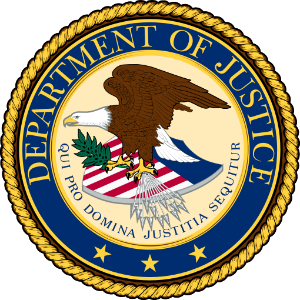Beware of Individual Liability: Yates Memo
On September 9, 2015, the Department of Justice (DOJ) Deputy Attorney General Sally Yates released a policy memorandum, titled “Individual Accountability for Corporate Wrongdoing,” also known as the “Yates Memo.” To read the full contents of the Yates Memo, click here.
Essentially, the Yates Memo shifts the DOJ’s approach to fighting corporate fraud and misconduct by focusing its investigative efforts on those individuals within a corporation who perpetrated wrongdoing. To this end, the Yates Memo sets out the following six new guidelines for DOJ attorneys to adopt in pursuing civil and criminal claims against culpable individuals:
- To be eligible for any cooperation credit, corporations must provide to the Department all relevant facts about the individuals involved in corporate misconduct.
- Both criminal and civil corporate investigations should focus on individuals from the inception of the investigation.
- Criminal and civil attorneys handling corporate investigations should be in routine communication with one another.
- Absent extraordinary circumstances, no corporate resolution will provide protection from criminal or civil liability for any individuals.
- Corporate cases should not be resolved without a clear plan to resolve related individual cases before the statute of limitations expires and declinations as to individuals in such cases must be memorialized.
- Civil attorneys should consistently focus on individuals as well as the company and evaluate whether to bring suit against an individual based on considerations beyond that individual’s ability to pay.
Healthcare providers should pay careful attention to these guidelines because of their impact on Federal Claims Act investigations, including violations under Stark Law, and the Anti-Kickback Law. Providers undergoing such investigations can now expect increased pressure to present evidence of individual wrongdoing. Therefore the best defense to healthcare liability continues to be an effective and robust healthcare compliance program.

